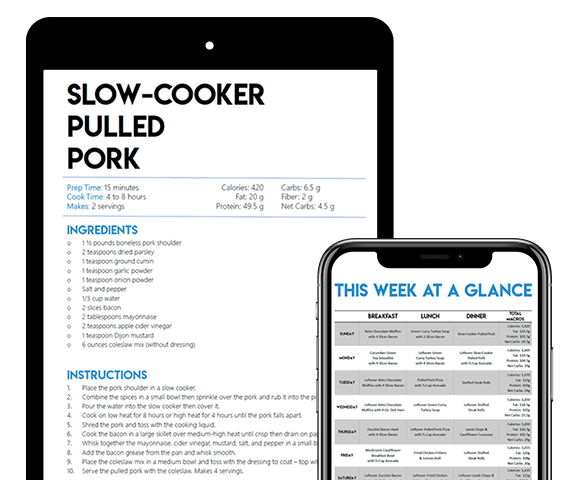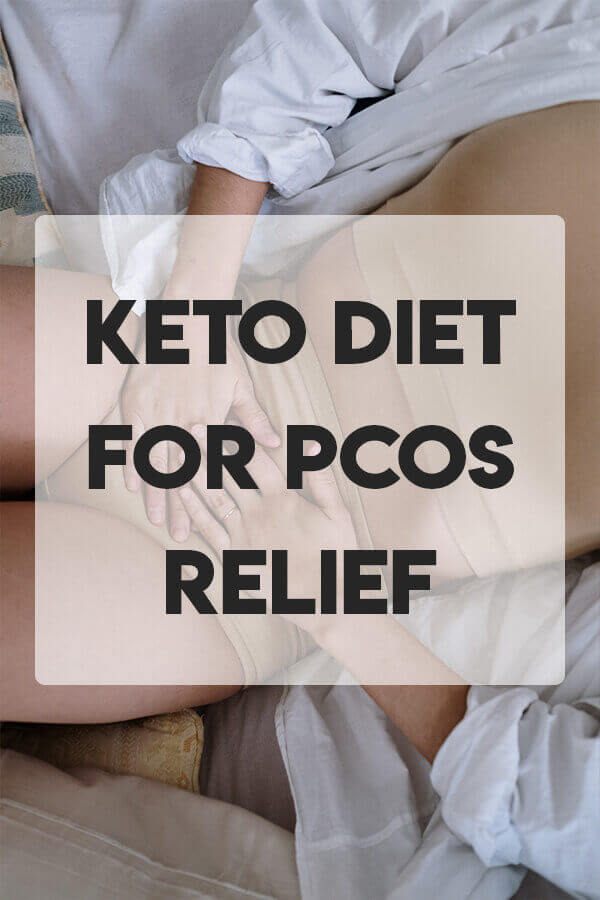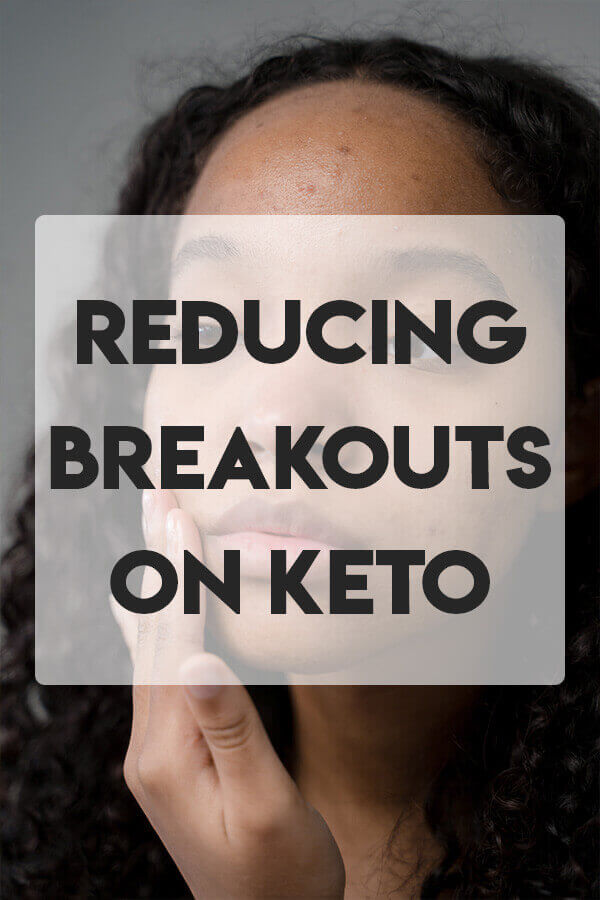Understanding PCOS
Hey there! You’ve likely landed here because you’re considering using a ketogenic, or keto, diet to manage Polycystic Ovary Syndrome (PCOS). Well, you’re in luck, as this article aims to provide a thorough understanding of the benefits and considerations of using the keto diet to help manage PCOS. Let’s dive in, shall we?
Firstly, let’s get a better grasp of what PCOS is. PCOS is a common hormonal disorder that affects one in ten women of childbearing age. It’s characterized by prolonged or irregular menstrual periods and higher levels of androgen (male hormones). This imbalance can lead to a variety of health issues, including ovarian cysts, weight gain, insulin resistance, and fertility problems.
Why Keto for PCOS?
The primary goal of managing PCOS is to regulate hormone levels and alleviate symptoms. The keto diet, known for its low-carb and high-fat principles, has shown promise as a potential diet strategy for PCOS management. But why?
4-Week Keto Meal Plan
- 4 Weeks of Delicious Keto Recipes!
- Leftovers and Bulk Preps Included
- Maximize Your Keto Diet's Success

Insulin Management
Many women with PCOS have insulin resistance, leading to high insulin levels. High insulin levels can further increase the production of androgens, worsening PCOS symptoms. The ketogenic diet is effective in lowering insulin levels. With reduced carb intake, less insulin is required to shuttle glucose into cells, improving insulin sensitivity. This study provides an in-depth look at how ketogenic diets can aid in insulin management.
Weight Loss
Weight loss can be particularly challenging for women with PCOS, and achieving a healthy weight can alleviate many PCOS symptoms. The keto diet’s fat-burning capability can aid in weight loss, contributing to better overall health and symptom management.
How to Follow a Keto Diet for PCOS
Embarking on a keto diet journey for PCOS means maintaining a diet high in healthy fats, moderate in protein, and low in carbs. Let’s break down what this could look like:
- Fats: The majority of your calories should come from healthy fats. Think avocados, olive oil, and fatty fish.
- Protein: Moderate protein intake is essential. Focus on lean meats like chicken, turkey, and fish.
- Carbs: Keep your carb intake to a minimum. Limit grains and sugars, focusing instead on nutrient-dense vegetables.
Sound like a lot to manage? Don’t worry! The Total Keto Diet app, available on iOS and Android, can help. It’s a fantastic tool for tracking your meals, macros, water intake, and even planning your meals. Best of all, it’s designed with the keto diet in mind.
Considerations Before Starting a Keto Diet for PCOS
As promising as the ketogenic diet may seem for managing PCOS, it’s essential to consider a few things before you embark on this journey.
Consult a Healthcare Professional
Before starting a new diet, particularly for managing a health condition like PCOS, you should always consult with a healthcare professional. They can provide personalized advice based on your specific needs and circumstances.
Nutrient Deficiency
While the keto diet can be beneficial, it’s crucial to ensure you’re getting all the nutrients your body needs. Eliminating food groups may result in nutrient deficiencies, so consider taking a multivitamin or other supplements as needed.
Keto Flu
When starting a keto diet, some people experience the “keto flu,” a collection of symptoms such as nausea, headaches, and fatigue. This is a temporary phase as your body adjusts to burning fat for fuel instead of carbs.
Keto Can Help With PCOS
PCOS can be challenging to manage, but dietary strategies like the keto diet can help regulate symptoms, primarily through weight loss and improved insulin sensitivity. Remember, it’s essential to seek advice from a healthcare professional before starting a new diet.
NUTRITIONAL DISCLAIMER
The content on this website should not be taken as medical advice and you should ALWAYS consult with your doctor before starting any diet or exercise program. We provide nutritional data for our recipes as a courtesy to our readers. We use Total Keto Diet app software to calculate the nutrition and we remove fiber and sugar alcohols, like erythritol, from the total carbohydrate count to get to the net carb count, as they do not affect your blood glucose levels. You should independently calculate nutritional information on your own and not rely on our data. The website or content herein is not intended to cure, prevent, diagnose or treat any disease. This website shall not be liable for adverse reactions or any other outcome resulting from the use of recipes or recommendations on the Website or actions you take as a result. Any action you take is strictly at your own risk.
- Keto-Friendly Food Swaps for Common Ingredients - July 11, 2023
- Keto Diet and Acne: Reducing Breakouts and Promoting Clear Skin - July 9, 2023
- Can the Keto Diet Help with Epilepsy? - July 7, 2023







